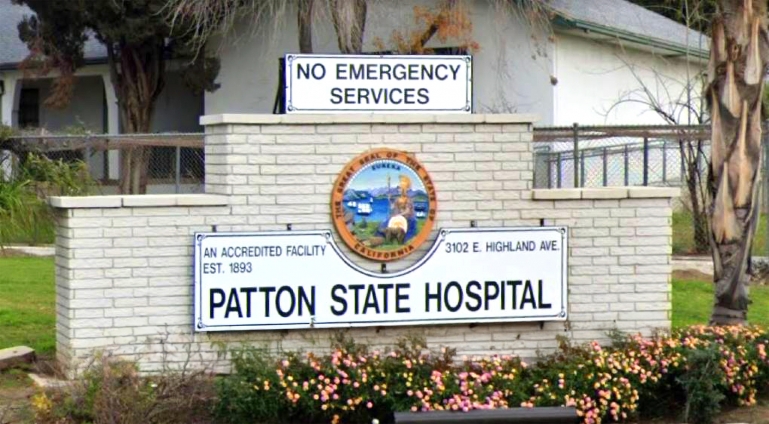2024 Annual Report - Long Fight for Death Records Resolved through Collaboration and Negotiation

2024 Annual Report - Long Fight for Death Records Resolved through Collaboration and Negotiation
Breakthroughs Long Fight for Death Records Resolved through Collaboration and Negotiation
The Investigations Unit (IU) secured critical oversight access to state hospital death records, which had been withheld for years, through strategic non-litigation advocacy that strengthens protections for people with mental health disabilities.
Under federal law, DRC has the authority to investigate the deaths of residents in state hospitals for people with mental health disabilities. These investigations are critical to ensuring safety and accountability inside facilities that have historically lacked transparency. But recently, the Department of State Hospitals (DSH) began withholding key documents from DRC's Investigations Unit (IU), citing the federal Patient Safety and Quality Improvement Act (PSQIA). Without access to these records, DRC cannot fully investigate patient deaths or ensure state hospitals are safe.
DSH argued that PSQIA allowed them to keep these records confidential, even from DRC. But DRC's access authority under the federal Protection and Advocacy for Individuals with Mental Illness (PAIMI) Act says otherwise.
Stuck between two conflicting federal laws and no clear guidance from the Federal government, stakes were high– denied access meant potential unsafe or even deadly practices would go unchecked.
Breakthrough
Rather than pursuing a costly and time-consuming legal battle, the IU took a different path: months of persistent negotiation. In late 2024, this collaborative approach paid off. DRC and DSH signed a Memorandum of Understanding that guarantees access to many of the previously withheld death records. The agreement went into effect January 1, 2025, and represents a breakthrough in transparency and oversight.
This outcome allows DRC to continue protecting the rights and safety of people with mental health disabilities in state hospitals. It also demonstrates that strategic negotiation can be just as effective as litigation. This process was a valuable learning experience for the Investigations Unit.






